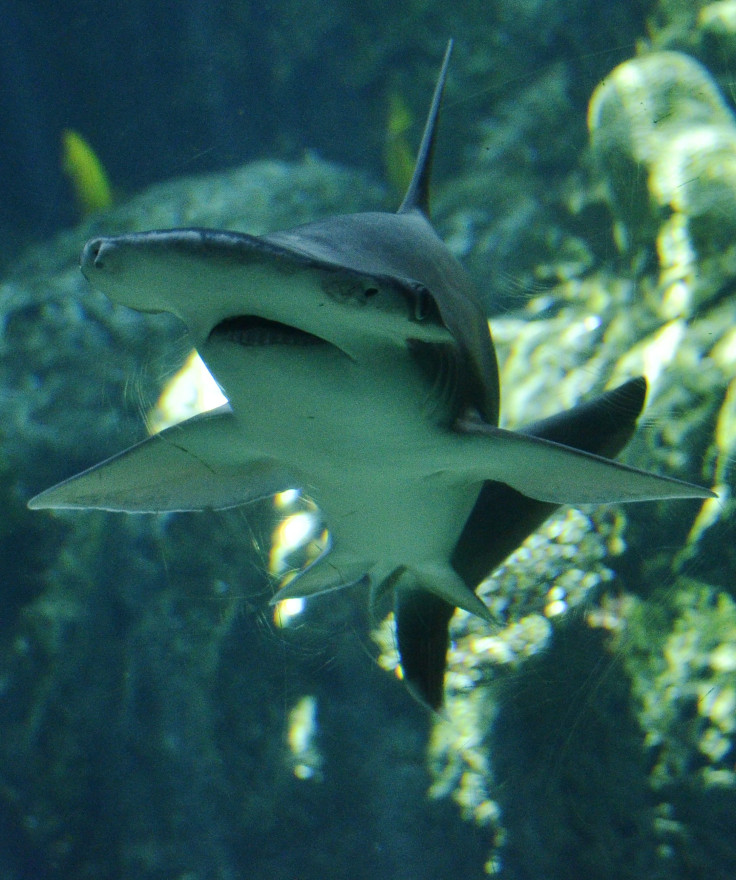Meat-Eating Bonnethead Shark Turns Out To Be Omnivore

Sharks are often perceived as massive meat-eaters that feed on small fish and other aquatic creatures to survive in the marine world. However, in a new work, a group of scientists found a shark species that isn’t truly carnivorous and can even survive on a plant-based diet.
The species in question is a bonnethead shark (Sphyrna tiburo), a member of the hammerhead family commonly found in the depths of eastern Pacific, western Atlantic, and the Gulf of Mexico.
For years, scientists have studied bonnethead sharks and their physical traits. The creatures have broad spade-like heads and are abundant on the American littoral. They are fairly smaller than other sharks but can grow up to a decent 5 feet in length.
In the past, a number of observational campaigns confirmed bonnetheads eat a lot of seagrass. However, as the animals were considered truly carnivorous, everybody assumed the grass was ingested mistakenly in an effort to hunt the main food – crabs, shrimps, snails, and bony-fish – on the seabed.
“It has been assumed by most that this consumption was incidental and that it provided no nutritional value,” Samantha Leigh, the researcher who decided to explore the eating habits of the sharks, told the Guardian. “I wanted to see how much of this seagrass diet the sharks could digest because what an animal consumes is not necessarily the same as what it digests and retains nutrients from.”
For this, Leigh, who hails from the University of California, partnered with researchers from Florida International University in Miami and ran a series of lab-based experiments on five bonnethead sharks for three consecutive weeks.
Here, the animals were fed on a custom diet that included 90 percent seagrass and 10 percent meat, while the team monitored how much of that was digested or excreted.
The results noted in the study confirmed sharks can easily digest a seagrass heavy diet. They all gained weight during the experiment and were found to be digesting more than half of the fibers and organic material present in the grass, just like green sea turtles.
In other words, the animals were consuming nutrients from the seagrass to build and maintain themselves. This, as the team described, was the first known case of an omnivorous shark species, where seagrass made 60 percent of the animal’s diet.
Sharks do not have the teeth for chewing seagrass, but the team believes strong acids in their stomachs probably help to weaken the plant cells for effective breaking and digestion with the help of enzymes.
"Bonnetheads have a digestive system that is very similar to other closely-related species that are definitely strictly carnivorous, so the fact that they are acting like omnivores is truly remarkable!" Leigh told AFP.
The study titled, "Seagrass digestion by a notorious ‘carnivore’," was published Sept. 5 in the journal Proceeding of the Royal Society B.
© Copyright IBTimes 2024. All rights reserved.





















